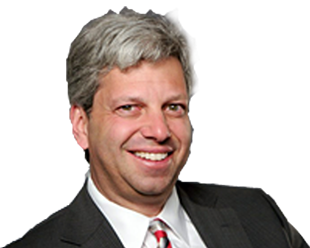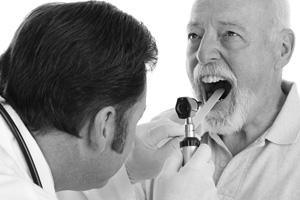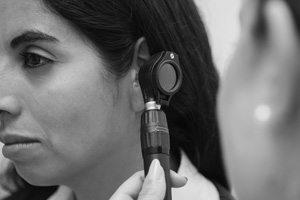View the complete list of conditions
Understanding The Importance of Treating Dysphagia
If a patient is having difficulty swallowing, the problem is commonly referred to as dysphagia. It's typically categorized as a symptom, it can also be a condition on it's own. Specifically, it refers to difficulties swallowing food and getting it from your mouth to your stomach.
Dysphagia is tricky because it's something a patient might not think twice about; who hasn't had a lump in their throat once or twice before? However, it's a distinctive problem and can be an indicator that something bigger is wrong. If you aren't treating swallowing disorders properly, you could be at risk for pulmonary aspiration or aspiration pneumonia. Dehydration, malnutrition, and renal failure are all potential consequences of not treating dysphagia. A swallowing specialist in Midtown will be able to provide an accurate diagnosis of the underlying cause so the right treatment plan can be devised.
Treating swallowing disorders like dysphagia requires the condition to be categorized into one of thee classifications: oropharyngeal dysphagia, esophageal dysphagia, and functional dysphagia. Each type has different causes and treatments, and it is difficult to determine a treatment plan until you know where you stand.
Oropharyngeal dysphagia is caused by abnormalities of the muscles, nerves, or structures related to swallowing. Common signs include: difficulty starting to swallow, choking, wet voice after swallowing, and an inability to control food in your mouth. Esophageal dysphagia is caused by mechanical problems related to the body of the esophagus, cardia of the stomach, and esophageal sphincter, all of which impact swallowing. The inability to swallow solid food is a huge indicator for this type of dysphagia. The cause may also be closely related to a disease in the esophagus. Functional dysphagia has no actual cause a doctor can find, but still presents with the same problems and symptoms.
Certain symptoms will enlighten you to the fact that you should consider seeing a Midtown East otolaryngologist, or a swallowing specialist in Midtown. A medical expert will be able to diagnose your condition and figure out how to start treating dysphagia in your case, based on which type you have.
Swallowing therapy, dietary changes, and some surgeries are usually recommended for treating swallowing disorders like dysphagia. Swallowing therapy has actually seen a lot of success. You can also work closely with both a swallowing specialist in Midtown and a nutritionist to modify your diet, which may make the issue easier to deal with. Depending on the type of dysphagia you have, you may also consider surgeries designed to make it easier to swallow.
Conditions
Ears
Nose
- Ballon Sinusplasty Surgery
- Concha
- Deviated Septum Relief In NYC
- Deviated Septums
- Fixing a Deviated Septum
- Identifying A Deviated Septum
- How Do I Know if My Nose is Broken?
- Nasal Polyps
- Nasal Polyp Surgery
- Nasal Septums
- NYC Nasal Polyp Reduction
- Septoplasty And Turbinate Surgery
- Treating a Deviated Septum
- Treating Nasal Polyps
- Turbinate Reduction
Throat
- Dysphagia
- Leukoplakia Treatments
- Reflux Laryngitis
- Swallowing Disorders
- Treating Anosmia
- Vocal Disorders
Allergies & Asthma
- Dealing With Allergic Rhinitis
- Managing Allergies and Asthma
- How to Allergy-Proof Your Home from Indoor Allergens
Sinus
- Chronic Sinusitis Treatment
- Endoscopic Sinus Surgeries
- Sinus Headache Cure
- Sinus Infection Treatment
- Sinusitis Surgery
- Treating Sinus Infections
Sleep & Snoring
- Diagnosing Sleep Disorders
- Having Trouble Sleeping
- Home Sleep Studies
- Pillar Implants
- Pillar Treatment for Snoring
- Sleep Apnea Conditions
- Sleep Apnea Specialists
- Sleepless in NYC
- Sleep Study Diagnosis
- Can Snoring Cause Health Issues?
- Treating Sleep Apnea
- Treating Snoring
- What is a CPAP Device?





